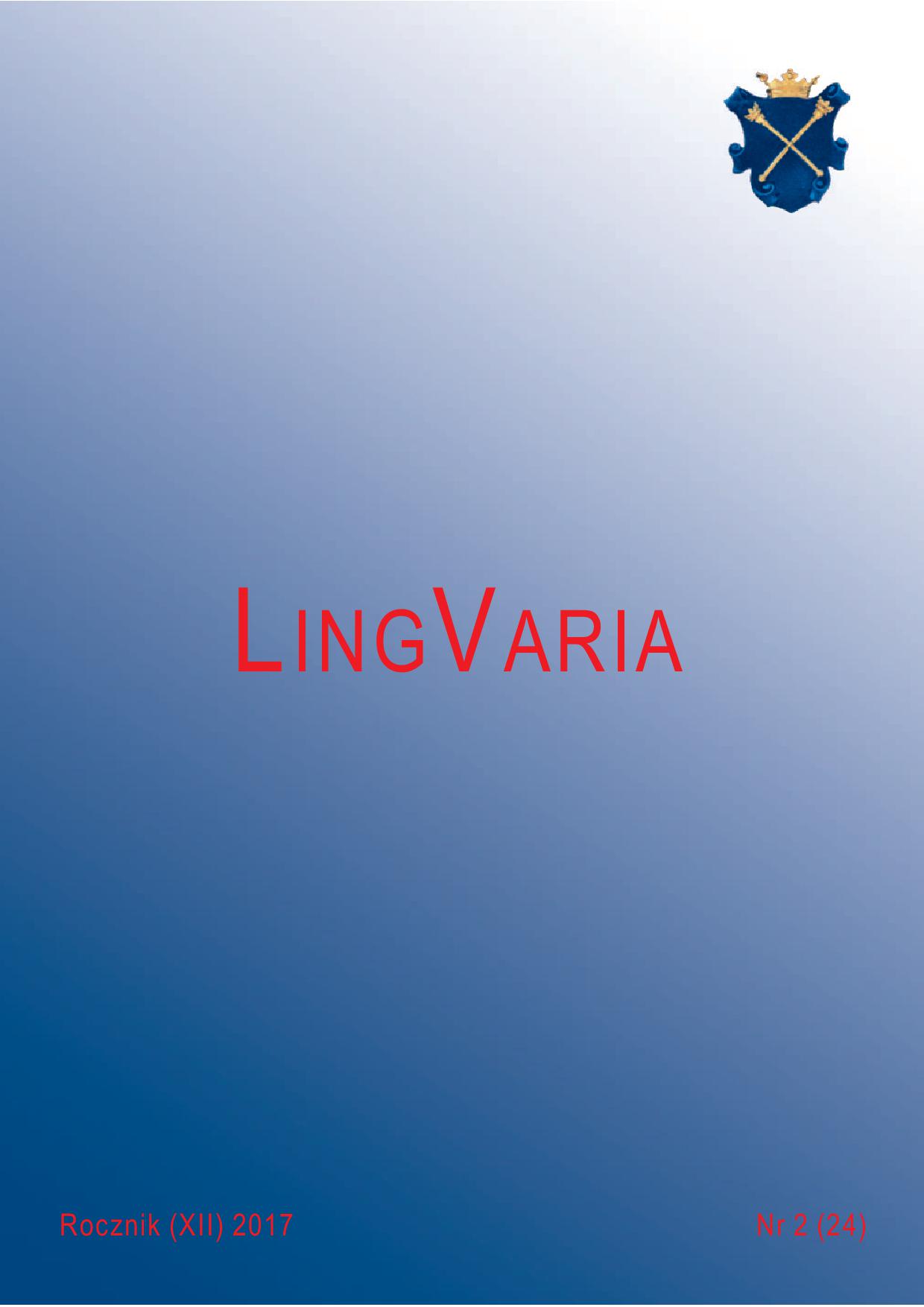Język jako element świadomości społecznej (na przykładzie Polski po 1918 roku)
Language as an element of the social consciousness (using the example of Poland after 1918)
Author(s): Mirosława Sagan-BielawaSubject(s): Theoretical Linguistics, Applied Linguistics
Published by: KSIĘGARNIA AKADEMICKA Sp. z o.o.
Keywords: social consciousness; linguistic consciousness; language ideologies; the interwar period; history of Polish
Summary/Abstract: This paper has been inspired by social sciences. According to Stanisław Ossowski, social consciousness is the sum of ideas, opinions and convictions shared by a society. Every community has the ability to construct its own language ideologies (denoted in Polish by the term świadomość językowa ‘language awareness’). The paper describes how the part of social consciousness that is related to the language, was reflected in Polish press after the regaining of the independence. Attitudes towards variation and all the other linguistic phenomena seem to have been influenced by the previous partition of the country, and regional and political stereotypes. View of the language was based on both linguistic knowledge and the common opinion. The paper attempts to demonstrate that social consciousness consists largely of general and mutually exclusive opinions which a more detailed analysis does not support. Notwithstanding, these convictions do have an indirect influence on the development of the language.
Journal: LingVaria
- Issue Year: 2017
- Issue No: 24
- Page Range: 211-224
- Page Count: 14
- Language: Polish

